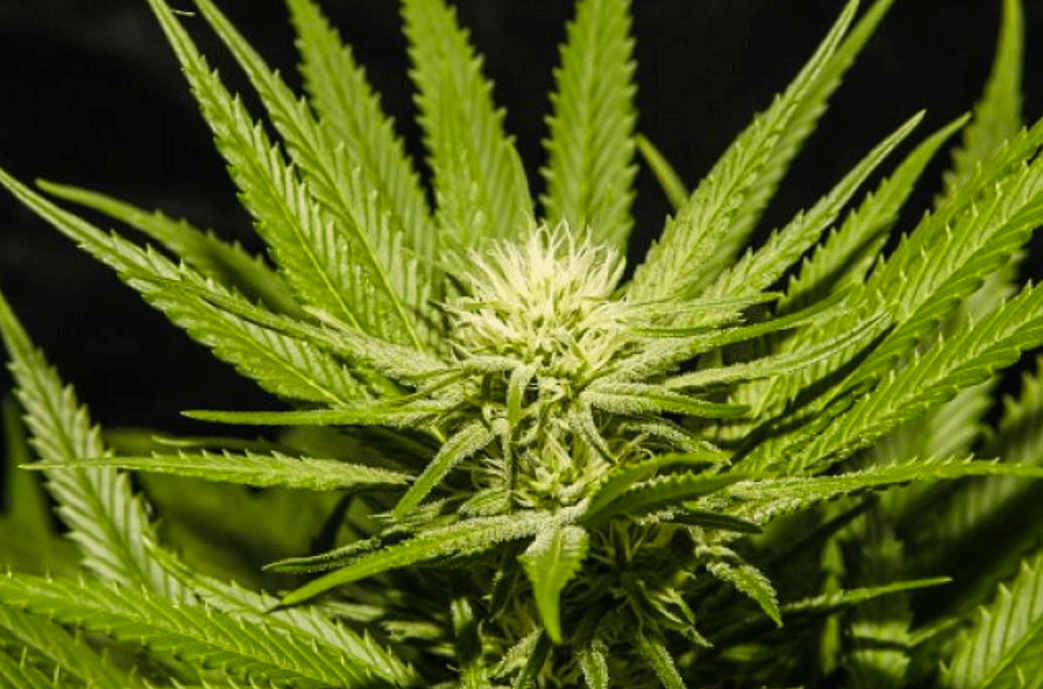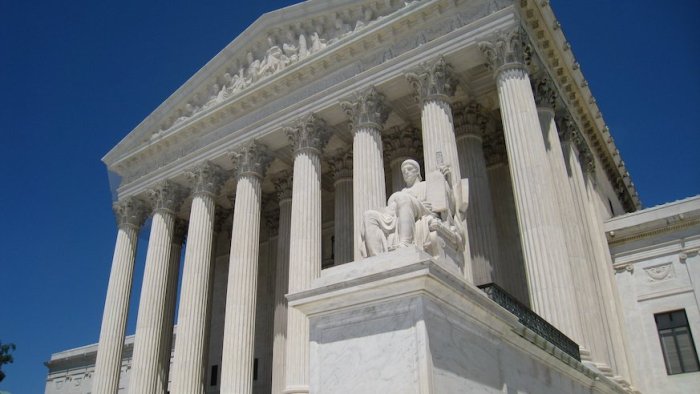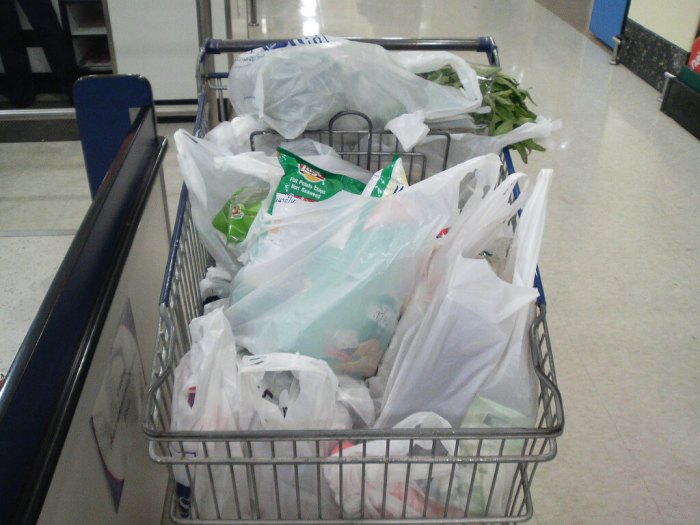Top Massachusetts politicians are gearing up to fight against an effort to legalize recreational use of marijuana in the state, announcing on Thursday the first major campaign to block a ballot question on the matter. Gov. Charlie Baker, Mayor Marty Walsh and House Speaker Bob DeLeowere among leaders whoannounced their partnership in an effort to quash the pro-legal pot movement.
They rolled out a name for the initiative, The Campaign for a Safe and Healthy Massachusetts, and also set up a new Twitter account: @SafeHealthyMa. RELATED: Why pro-pot activists protested a Lowell marijuana dispensary’s opening On its first day, the campaign has focused on the impact of the drug on children.
“We are the campaign against legalizing the commercial marijuana industry — vote no to protect our kids & communities,” its inaugural tweet reads.
We are the campaign against legalizing the commercial Marijuana industry – vote no to protect our kids & communities.
— safehealthyma (@safehealthyma) April 14, 2016
Previously, Baker and Walsh joined state Attorney General Maura Healey in penning an op-ed opposing the legalization of recreational weed, arguing that doing so would make the drug more available for children and that marijuana has negative effects on users’ health. State senators last month also released a report that urged voters to be cautious about making the drug legal, which came after the lawmakers flew to Colorado to study the issue. Baker on Thursday said the group is “in bipartisan opposition to legalizing a recreational marketplace for a drug that would put our children at risk and threaten to reverse our progress combating the growing opioid epidemic so this industry canrake in millions in profits.” In written statements, Walsh, DeLeo and Heidi Heilman, president of the Massachusetts Prevention Alliance, also highlighted the role legalization would play in the lives of children in the state. RELATED: Massachusetts pot activist Bill Downing speaks out on drug charges Voters will likely get the chance to weigh in on the issue in the November election.
Recent polling data suggest the state is in favor of legalization: 53 percent support it, 40 percent don’t and 7 percent are unsure, according to recent polling from WBZ and UMass Amherst. Polling from Western New England University released Thursday found 57 percent of respondents in favor, with 35 percent opposed and 7 percent undecided. A group called the Campaign to Regulate Marijuana Like Alcohol (CRMLA) is leading the legalization charge. It fired back about the opposition campaign on Thursday. “Gov. Baker and others need to understand that conflating the opioid epidemic with marijuana sends a very dangerous message to our youth. The blurring of lines between drugs in this country is a pattern that started with Richard Nixon more than four decades ago. And it has caused more harm than good,” spokesman Jim Borghesani said in a written statement. “We need to be honest with our kids — heroin kills, marijuana does not. There is no more evidence that using marijuana leads to heroin than there is that riding a tricycle leads to joining the Hells Angels.” The state Legislature has the option, however unlikely politically, to write its own law ahead of the election. Political observers remain confident of one thing, though. The efforts on both side of the issue to sway public opinion will be pricey ones.
The CRMLA has benefited from cash supplied by a national organization called the Marijuana Policy Project, which has successfully fought for legalization in other states.
RELATED: State lawmakers school themselves on legal marijuana
The website for the anti-legalization campaign includes a “donate” page, as does the site for the pro-legal pot activists. Marijuana has been decriminalized in the state. It is also legal to purchase the drug for medical purposes with a prescription.
A victory for the ballot campaign would make it legal for adults over 21 to use marijuana for recreational purposes at tightly regulated shops — following the lead of states like Colorado. It would set up a Cannabis Control Commission, bring new taxes on sales of the drug and allow adults to grow a limited number of plants in their own homes. Other questions likely to appear on the ballot in November include a tax on income over $1 million and removing Common Core standards from Massachusetts schools.

















